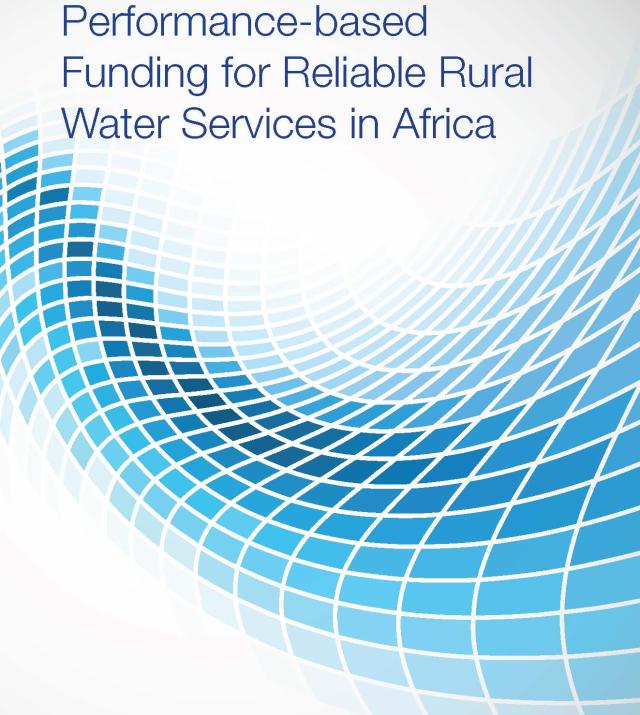This brief is based on the research conducted in collaboration with Global Communities and EAWAG.
Key findings from this study in Ghana include:
- Factors that determine the success of CLTS interventions are attendance rate of participants during the triggering event, the number of community leaders participating in the triggering event, whether participants believed they would receive rewards like installation of water wells and materials for toilets, and the number of follow-up visits provided by facilitators weeks after triggering.
- Households that socially identify strongly with their communities are more likely to construct latrines after CLTS interventions.
- Combining CLTS with other behavior change models did not significantly increase intervention effects.

